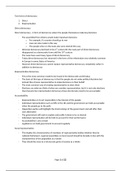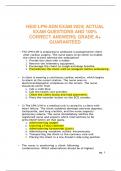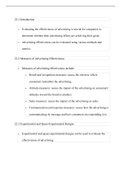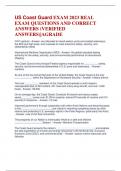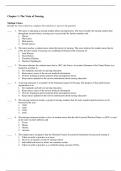Summary
Summary Edexcel UK Government and Politics for AS/A Level, ISBN: 9781471889318 Full Paper 1
- Module
- Full Paper 1
- Institution
- PEARSON (PEARSON)
I have created detailed but brief notes for paper 1 section A which has everything that you need to know but in a less detailed way than the textbook
[Show more]
